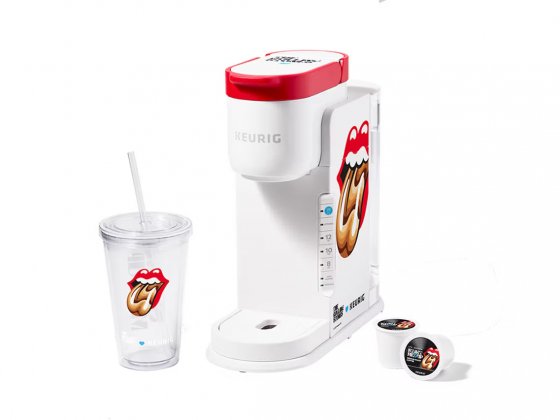Against the backdrop of a decline in wholesale sales, Levi Strauss & Co plans to open 100 new stores at once.
According to Levi's financial report, the company's net sales for the third quarter of this year increased by 4% to $1.45 billion. At the same time, direct-to-consumer sales increased by 10%. When calculating this indicator, sales are taken into account both online and in brick-and-mortar stores.
But the wholesale sales of the company continue to fall. And if eight years ago this direction accounted for half of the total sales, today its share has already fallen to 30% and continues to decline. One of the reasons for this trend is the rapid growth of other lines of business.
In the Americas, the company's net revenue fell by 3% due to a decline in wholesale sales, which was partially offset by growth in direct sales to consumers. In Europe, net sales grew by 14%, in Asia by 9%.
The company also announced its intention to open about 100 stores this year. The previously observed trend of massive store closures seems to be a thing of the past.
The process of opening a large number of new stores will include testing new formats. In particular, the company is eyeing smaller stores, the first of which will open in the US.
Levi's plans to increase the so-called "premium" of its brand. And one of the steps in this direction will be a more thoughtful choice of retailers. The company is already experimenting in this field. So, in the Target network you can buy Red Tab jeans, which are quite expensive. Levi's plans to continue to give preference to those retailers that will not sell the brand's products at a discount.
It is important for the company that sales are carried out at full price. This is important both from a financial point of view and from the point of view of brand management, which should be associated in the eyes of buyers with the premium segment, and not with shops where you can buy goods at half price.










